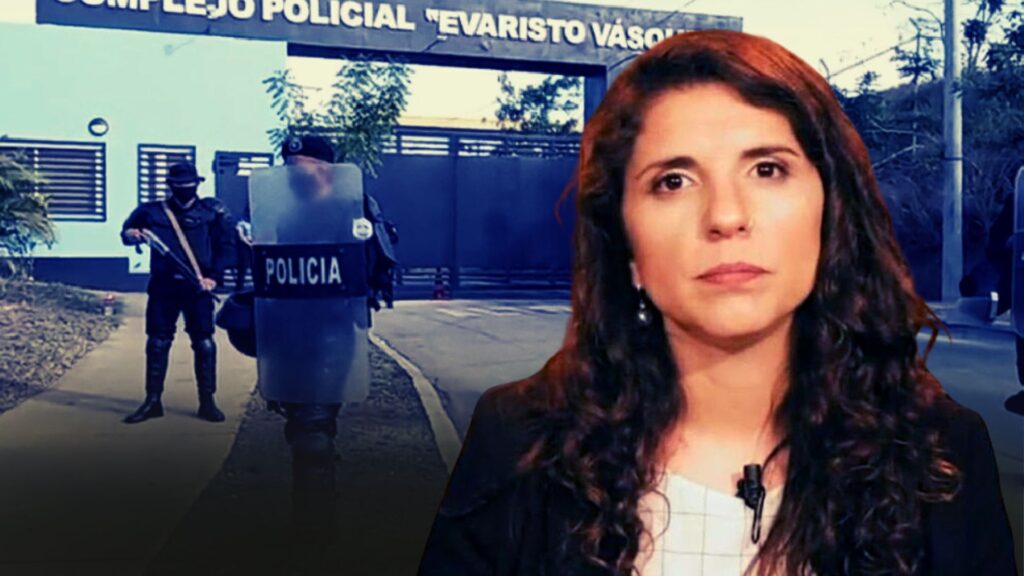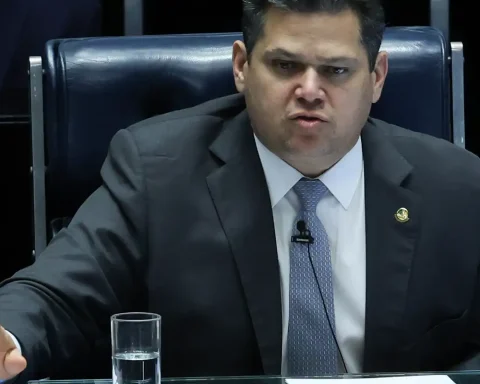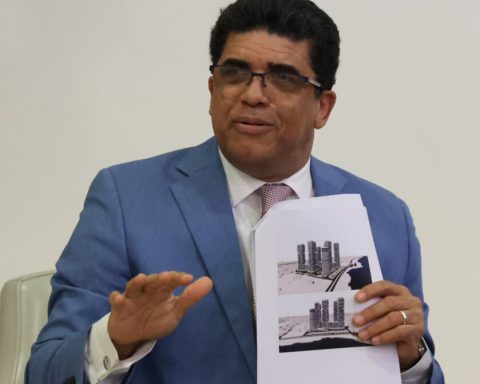After increasing its interest rate by 75 base points, and leaving it at 7.75%, the Bank of Mexico (Banxico) revised upwards its inflation estimates for the following quarters, due to the persistence of inflationary pressures.
“In the face of higher-than-anticipated inflationary pressures, the forecast for headline inflation was revised upwards until the third quarter of 2023 and that of core inflation was adjusted upwards for the entire horizon, although it is still expected that the convergence to the target of 3% is reached in the first quarter of 2024”, said the central institution in its statement.
In this way, inflation would reach its peak in the third quarter of this year, according to Banxico, which expects that, on average, it will be 8.1%, and then drop to 7.5% in the last quarter of this year.
Previously, the central bank expected that it would be in the second quarter of the year when inflation would reach a peak of 7.6%; now it modified the annual data to 7.8% for those three months of the year.
Another change was the one that refers to when inflation will return to Banxico’s target of 3% +/- 1 percentage point. Previously, convergence was expected in the second quarter of next year; now, the central bank expects it to happen until the first quarter of 2024.
Banxico’s Governing Board pointed out that there are various upward risks for inflation, which could modify the estimates they made for the coming quarters regarding the behavior of prices.
In this sense, the attendees mentioned the persistence of subjacent inflation at high levels; external inflationary pressures derived from the Covid-19 pandemic; greater pressure on the prices of agricultural and energy products due to the geopolitical conflict in Europe; currency depreciation, as well as cost pressures.
However, they mentioned some factors that could help lower expectations, including a decrease in the intensity of the conflict between Ukraine and Russia; better functioning supply chains; a greater-than-expected effect of the negative output gap, as well as a better-than-expected effect of the Package Against Inflation and Famine (Pacic), which was presented by the government of Andrés Manuel López Obrador at the beginning of May.

















